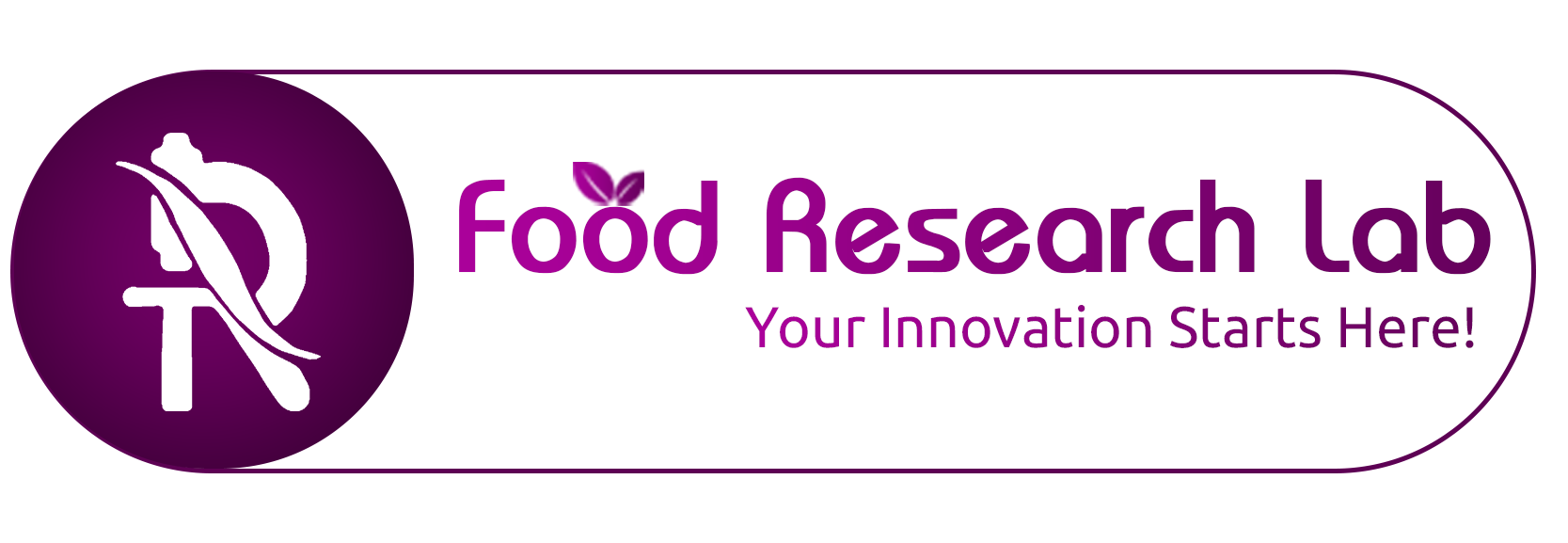What are the EU regulations for novel food?
The European Union (EU) Novel Food Regulation (EU) 2015/2283 defines novel foods as those not consumed significantly within the EU before May 1997.
- The regulation requires that all novel food products undergo a safety assessment by the European Food Safety Authority (EFSA) before being marketed as food products.
- The regulation also sets out procedures for authorising novel foods, including an application for authorisation that must be submitted to the European Commission.
- The application must contain scientific data and information about the proposed novel food, including its composition, nutritional value, intended use, and potential allergenicity.
- Once authorised, novel foods can be placed on the EU market and labelled as such, with specific labelling requirements depending on the type of novel food. The regulation also sets out rules for traditional foods from third countries considered novel foods in the EU.
- From January 1 2018, the regulations under (EU) 2015/2283 are applicable, but Regulation (EC) No 258/97 and Regulation (EC) No 1852/2001 were repealed and replaced. This improved the market conditions by which the food industries could bring innovative products to the EU market.
- The EU broadened the categories for novel food by including the categories of food sources (from insects, supplements and vitamins in addition to plants, microorganisms, animals, minerals, cell cultures, etc.) from the production process that were not implemented before May 1997.
- The authorisation procedure was simplified and centralised by using an online application system.
- The authorisation system was made more efficient and transparent by reducing the time for evaluation and authorisation, making the process faster.

Let’s create something Innovative and Delicious together
Food Research Lab strives for excellence in new Food, Beverage and Nutraceutical Product Research and Development by offering cutting edge scientific analysis and expertise.




